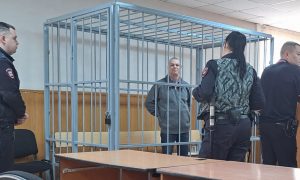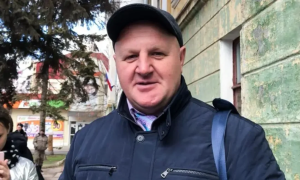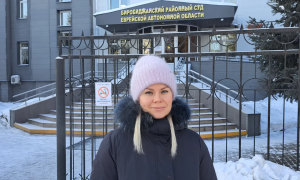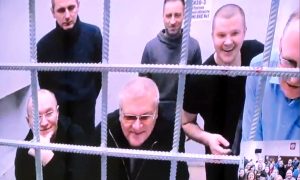The European rights court ruled Thursday that Moscow’s 2004 dissolution of a branch of the Jehovah’s Witnesses was unjustified and ordered Russia to pay 70,000 euros in damages and costs.
The European Court of Human Rights based in Strasbourg said in its ruling that Moscow had violated the rights of freedom of religion and association, and also failed to hold a fair trial into the issue within a reasonable timeframe.
Russia in 1990 adopted a law enshrining the freedom of conscience and religious organisation, and the Moscow branch of the Jehovah’s Witnesses obtained the status of a legal entity in 1993.
However a new law came into force in 1997 that made it necessary for the branch to reregister, which it tried to do five times without success.
In March 2004, a civil court case led to the dissolution of the branch and banning of its activities.
The European court said the civil ruling “did not give pertinent or sufficient reasons” for accepting some of the complaints against the Jehovah’s Witnesses branch, leading to its ordered closure.
Charges upheld included that “the community had forced individuals to break with their families or that it encouraged its followers to commit suicide or to refuse healthcare,” it said.
As a result, the dissolution of the branch “constitutes a sanction that is excessively severe and disproportionate,” the European rights court ruled.
By refusing to reinstate the Jehovah’s Witnesses of Moscow, the Russian authorities had not acted in good faith and failed in their duty to be impartial and neutral, it said.
It ordered authorities to pay the faith 20,000 euros (24,000 dollars) for moral damage and 50,000 euros in costs.
Jehovah’s Witnesses are Christians who consider modern churches to have deviated from the Bible’s true teachings, reject modern evolutionary theory and refuse blood transfusions.
There are more than seven million Jehovah’s Witnesses worldwide with some countries classing the faith as a sect.
http://www.expatica.com





